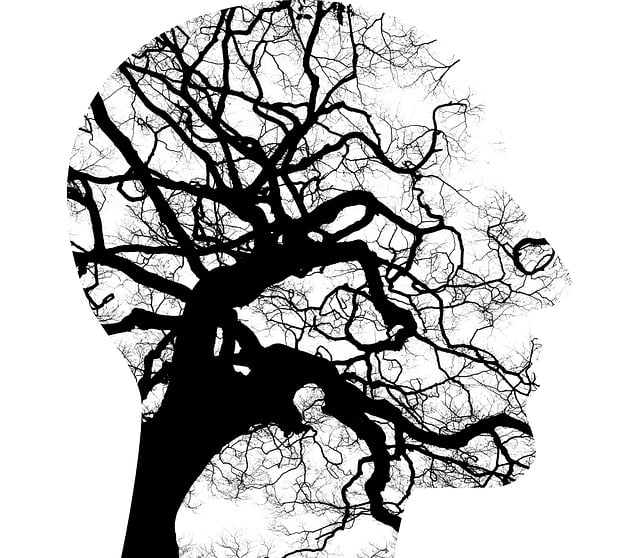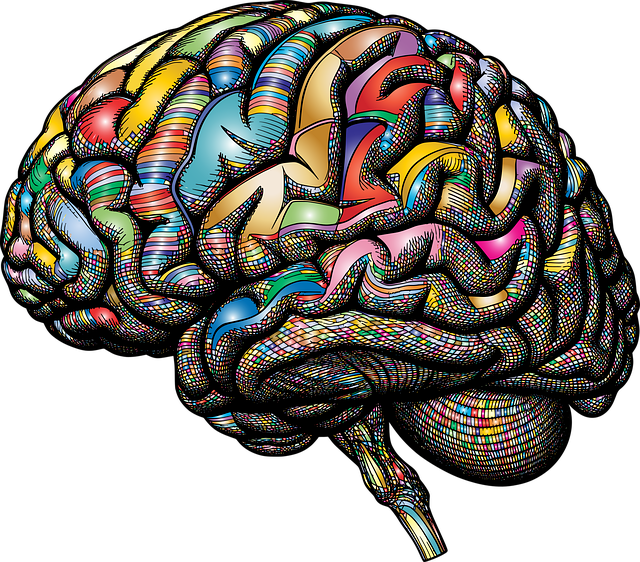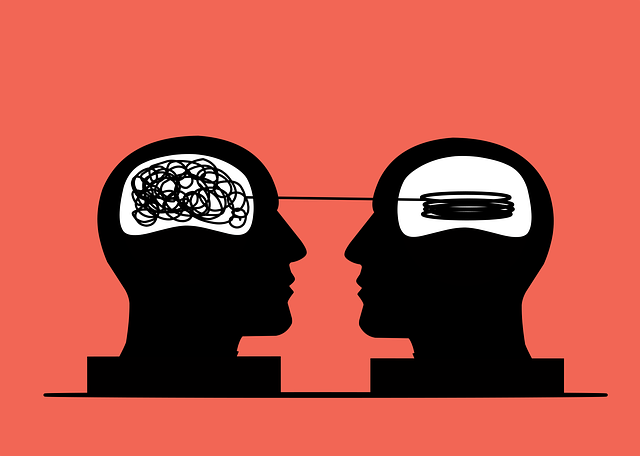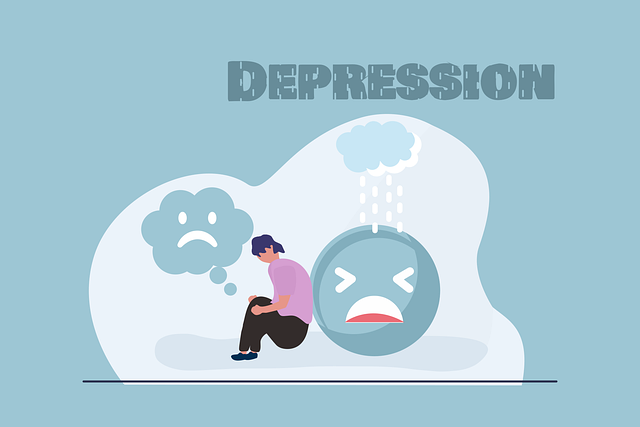Centennial EMDR Therapy is a modern approach combining traditional EMDR techniques with contemporary psychology to address deep emotional trauma, leading to enhanced well-being. Through bilateral stimulation, this therapy facilitates self-esteem improvement and robust self-care routines, effectively processing traumatic events, reducing negative emotions, and improving communication strategies. By identifying personal coping mechanisms and incorporating tailored Mental Health Education Programs, individuals can build resilience and maintain mental wellness. Centennial EMDR Therapy, backed by evidence, enhances coping skills through trauma processing and emotional intelligence cultivation, empowering individuals to handle life's stressors with ease and foster long-term mental wellness.
In today’s fast-paced world, effective coping skills are essential for navigating life’s challenges. This article explores a powerful tool, Centennial EMDR Therapy, offering a brief overview and its potential in fostering resilience. We delve into identifying personal coping mechanisms, understanding their impact, and providing practical techniques for developing strong coping skills. Additionally, we discuss how integrating Centennial EMDR into these strategies can lead to long-term emotional well-being and resilience.
- Understanding Centennial EMDR Therapy: A Brief Overview
- Identifying Personal Coping Mechanisms and Their Impact
- Techniques for Developing Effective Coping Skills
- Integrating Centennial EMDR into Coping Strategies for Long-Term Resilience
Understanding Centennial EMDR Therapy: A Brief Overview

Centennial EMDR Therapy is a cutting-edge approach that combines elements of Eye Movement Desensitization and Reprocessing (EMDR) with modern psychological techniques to address deep-seated emotional trauma and promote healing. This therapeutic method recognizes that our thoughts, feelings, and behaviors are interconnected, and by targeting specific memories and beliefs, it aims to facilitate profound changes. The process involves guiding clients through bilateral stimulation, often in the form of side-to-side eye movements, while they focus on traumatic or distressing memories.
This unique therapy is particularly effective for those seeking self-esteem improvement and looking to establish a robust self-care routine development for better mental health. By reprocessing traumatic events, Centennial EMDR Therapy helps individuals gain new perspectives, reduce the intensity of negative emotions associated with past experiences, and enhance their ability to communicate effectively. It empowers clients to process and integrate difficult memories, leading to improved emotional regulation and overall well-being. The technique encourages open dialogue about these hidden traumas, allowing for better understanding and communication strategies to manage future challenges.
Identifying Personal Coping Mechanisms and Their Impact

Identifying personal coping mechanisms is a pivotal step in enhancing mental well-being and resilience. This process involves reflecting on how individuals respond to stress, adversity, or challenging situations. By recognizing their innate coping strategies—whether it’s engaging in physical activity for stress relief, finding solace in creative outlets, or practicing mindfulness—one can begin to understand the effectiveness and impact of these mechanisms.
Understanding these personal patterns is crucial in designing effective Mental Health Education Programs. For instance, acknowledging that certain individuals thrive through emotional expression while others prefer solitary activities like nature walks can inform program content and delivery methods. Centering coping strategies around individual preferences, such as incorporating Centennial EMDR Therapy for those who benefit from trauma-focused approaches or fostering Positive Thinking for overall well-being, ensures more engaging and impactful mental health support.
Techniques for Developing Effective Coping Skills

Developing effective coping skills is a vital component of maintaining and enhancing mental wellness. Techniques such as Centennial EMDR Therapy offer profound insights and tools for navigating emotional challenges. This form of therapy, grounded in evidence, facilitates the processing of traumatic memories and helps individuals gain perspective, reducing the intensity of negative emotions. By encouraging clients to confront and resolve past experiences, it promotes a sense of empowerment and resilience.
In conjunction with Centennial EMDR Therapy, practices like Mental Wellness Journaling Exercise Guidance can significantly bolster coping abilities. Regular journaling allows individuals to introspect, track their emotional state, and identify triggers. This self-reflection fosters better understanding of one’s emotions and provides guidance for managing them effectively. Moreover, cultivating emotional intelligence through therapy and exercises enhances an individual’s ability to recognize, understand, and manage their feelings, contributing to overall mental health. Incorporating these techniques into daily routines can empower folks to navigate life’s stressors with greater ease, fostering a healthier, more balanced mental wellness.
Integrating Centennial EMDR into Coping Strategies for Long-Term Resilience

Integrating Centennial EMDR (Eye Movement Desensitization and Reprocessing) into coping strategies can significantly enhance long-term resilience, making it a valuable tool in the pursuit of mental wellness. This innovative therapy goes beyond traditional emotional processing by utilizing bilateral stimulation, often in the form of side-to-side eye movements, to help individuals process traumatic memories and associated emotions effectively. By engaging in Centennial EMDR therapy, individuals can unlock profound personal growth and resilience.
The Mental Wellness Podcast Series Production highlights the power of combining Centennial EMDR with established Mind Over Matter principles. This approach encourages self-care routine development for better mental health, allowing individuals to take charge of their emotional well-being. Through regular practice, coping mechanisms become more effective, fostering a sense of calm and empowerment that translates into everyday life challenges.
Centennial EMDR Therapy offers a powerful approach to coping skills development, empowering individuals to navigate life’s challenges with resilience. By understanding personal coping mechanisms, learning effective strategies, and integrating Centennial EMDR, one can foster long-term emotional well-being. This holistic process allows for profound personal growth and enhanced coping abilities, ensuring individuals are equipped to face future stressors with confidence and flexibility.














